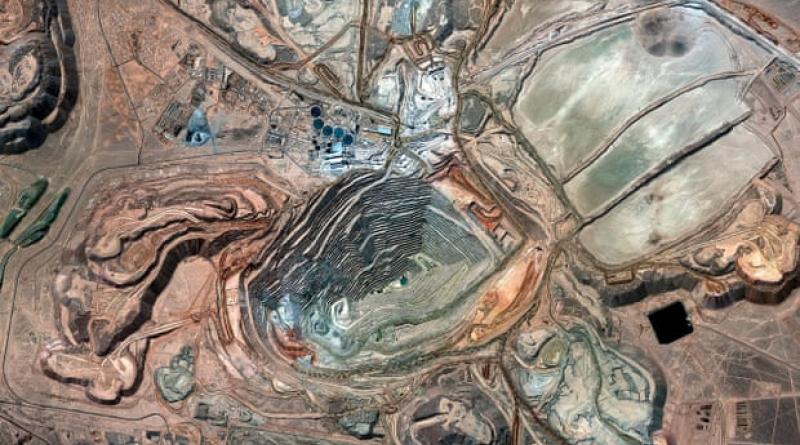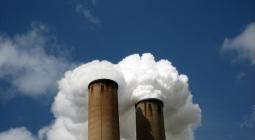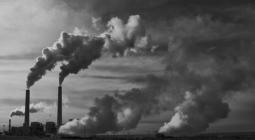BHP plans to replace coal with renewables at two huge copper mines in Chile.

Mining giant says contracts will cut energy prices by 20% and save 3m tonnes of carbon.
The mining giant BHP has signed four renewable energy contracts that will replace coal-fired power at two of its copper mines in Chile, a move it says will mean both sites are fully powered by renewables by the mid-2020s.
The company said on Monday it had signed the contracts for its Escondida and Spence copper mine operations. BHP’s Escondida mine, in Chile’s Atacama Desert, is the world’s largest copper producer.
BHP has been under pressure from shareholders over its carbon credentials.
Last week, more than one in five shareholders backed a resolution calling on the company to resign its membership of any industry associations whose advocacy is “inconsistent” with the Paris climate change agreement.
In Australia, shareholder activists have urged the company to quit theMinerals Council.
The president of BHP Minerals Americas, Daniel Malchuk, said the new contracts in Chile would cut energy prices for the two mining operations by about 20%, and the company estimates it will avoid up to 3m tonnes of carbon pollution.
He said the agreements would benefit business, but they would also “generate strong environmental and social value”.
“These contracts are practical examples of our commitment to social value that are linked to a sound business case,” Malchuk said.
In its announcement on Monday, BHP said it was also taking further steps to reduce its impact on groundwater resources. It said it had invested more than US$4bn in desalination facilities at Escondida, and its Spence operation would begin using desalinated water from the mid-2020s.
Malchuk said population growth, higher living standards and electrification driven by the switch to green energy was pushing up demand for copper.
He said copper in electric cars and renewable energy infrastructure “must be produced to the highest environmental aspirations”.
In July, the head of BHP declared tackling the climate crisis would require“the biggest global mobilisation since World War II”, but the company has come under fire for its carbon footprint since then.
BHP is one of the top 20 carbon emitters worldwide.
22 October 2019
The Guardian




